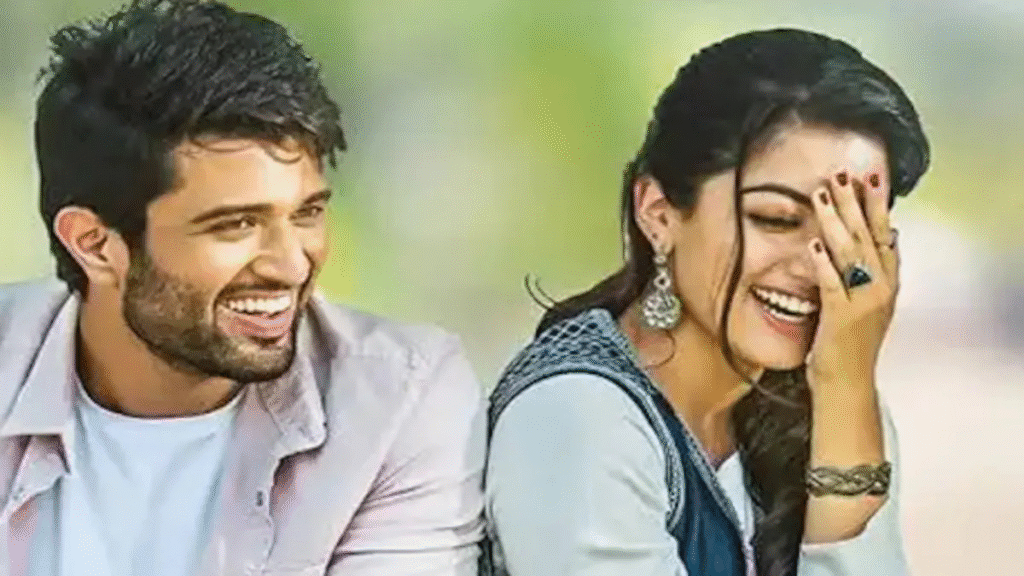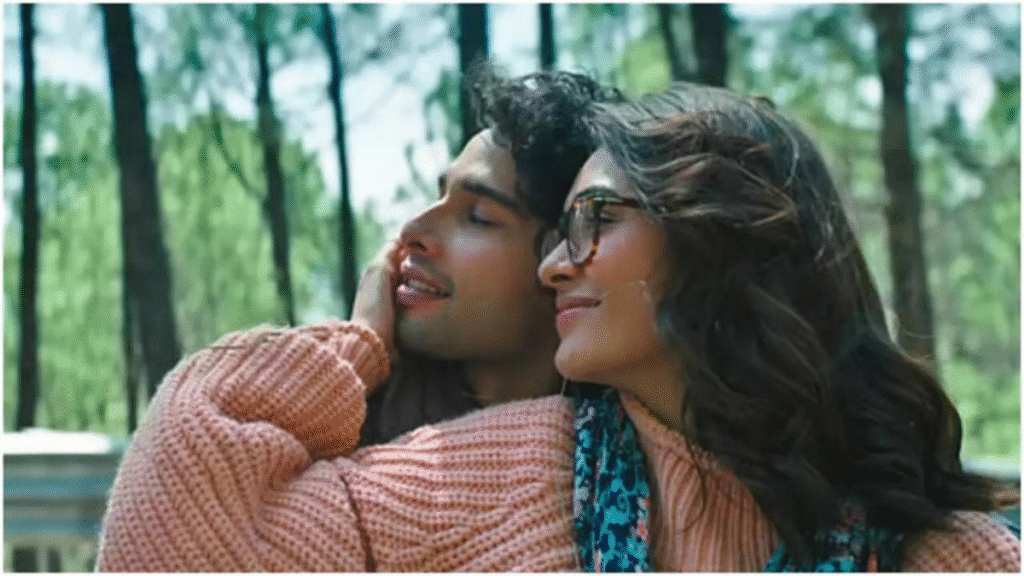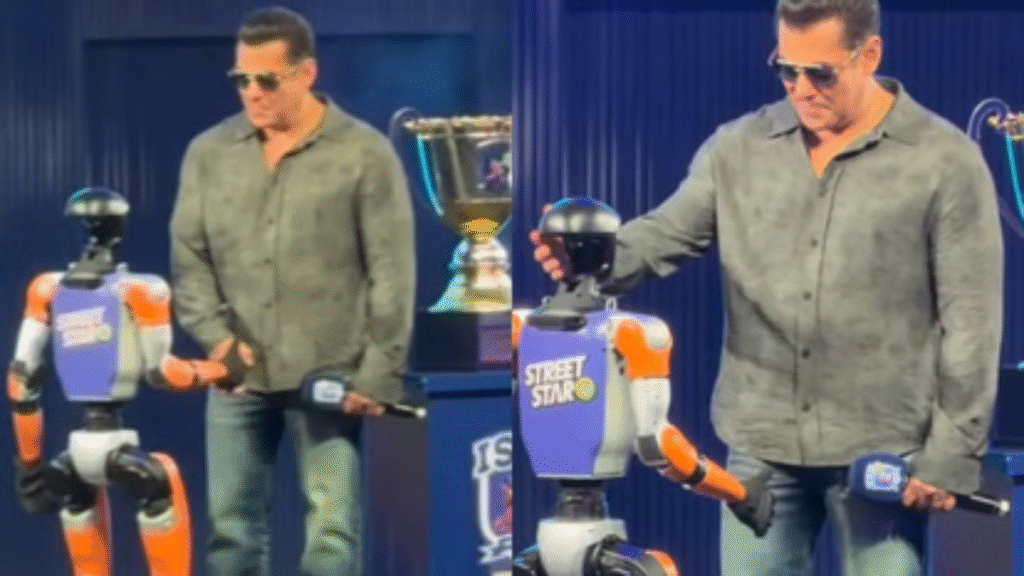Now Reading: Dhanush Criticizes AI-Edited Raanjhanaa Ending, Says It “Completely Stripped The Film Of Its Soul”
-
01
Dhanush Criticizes AI-Edited Raanjhanaa Ending, Says It “Completely Stripped The Film Of Its Soul”
Dhanush Criticizes AI-Edited Raanjhanaa Ending, Says It “Completely Stripped The Film Of Its Soul”

Actor Dhanush has voiced his strong disapproval of an AI-generated alternate ending for his 2013 film, Raanjhanaa. The altered clip, which has been circulating widely on social media, changes the tragic conclusion of the film to a happy one. Dhanush stated that this modification “completely stripped the film of its soul,” a sentiment that has resonated with both fans of the film and critics of artificial intelligence’s growing role in creative industries.
The original ending of Raanjhanaa, directed by Aanand L. Rai, is a pivotal and emotionally charged moment. It concludes with the death of Dhanush’s character, Kundan, a culmination of his obsessive and destructive love for Zoya, played by Sonam Kapoor. The ending, though polarizing at the time of its release, was widely considered essential to the film’s narrative integrity and its thematic exploration of unrequited love, sacrifice, and the consequences of one’s actions.
The AI-edited version, in stark contrast, shows Kundan surviving and reuniting with Zoya. While this might seem like a more palatable ending for some, it fundamentally changes the movie’s core message. Dhanush’s critique highlights a growing concern in the entertainment world: the use of AI to alter or “improve” existing works of art. The actor’s frustration stems from the fact that the tragic ending was not a mistake to be fixed, but a deliberate creative choice that defined the film’s emotional weight and legacy. He emphasized that the film’s enduring impact comes from its unflinching portrayal of love and loss, not a sanitized, feel-good conclusion.
This incident has ignited a broader discussion about the ethical implications of using AI to manipulate artistic creations. Proponents of the technology might argue that it allows for creative experimentation and gives audiences the ability to reimagine their favorite stories. However, many artists and creators, including Dhanush, see it as a dangerous path that disrespects the original artist’s intent. They argue that a film, a painting, or a song is a complete work, and changing a key element like the ending is akin to changing the artist’s signature. It diminishes the original work and undermines the creative process itself.
Dhanush’s comments serve as a powerful reminder that while technology can be a useful tool, it should not be used to erase the very elements that give a work of art its meaning and depth. His defense of Raanjhanaa‘s original ending is a stand for artistic integrity and a call to preserve the creative vision behind the stories we love. It forces us to confront the question: where is the line between fan-made content and a complete alteration that compromises the soul of a film? The debate is only just beginning.










